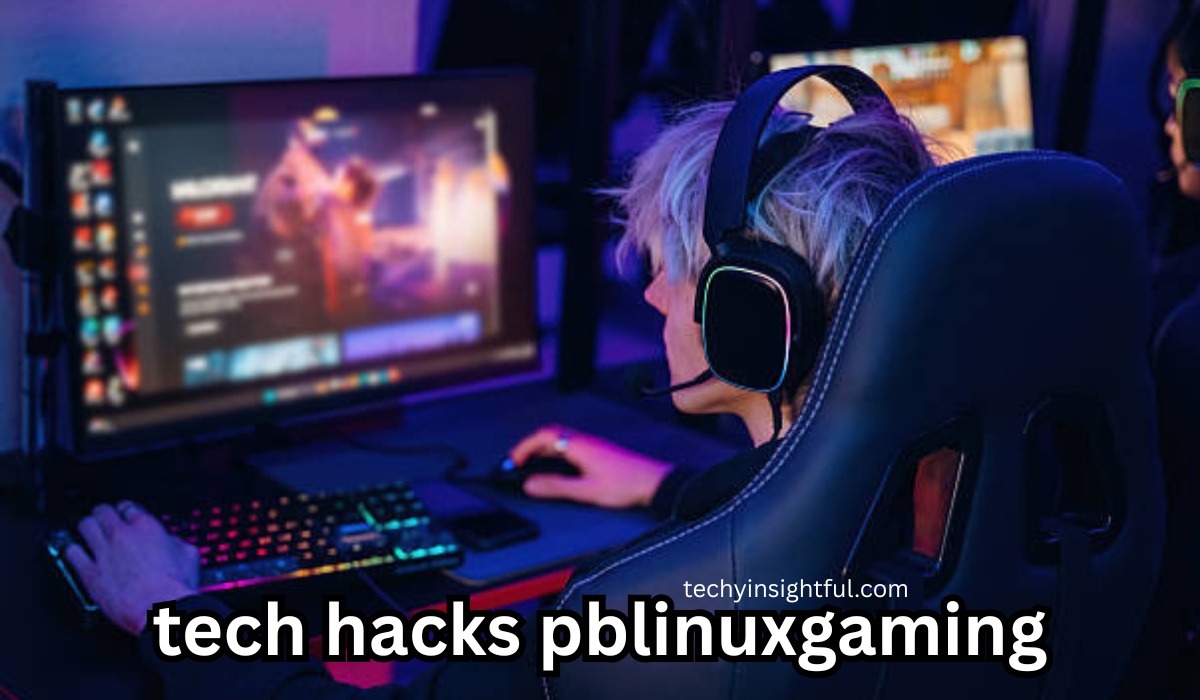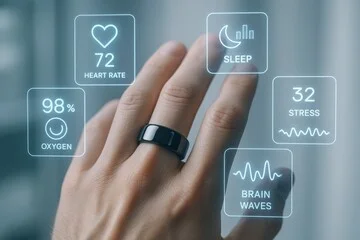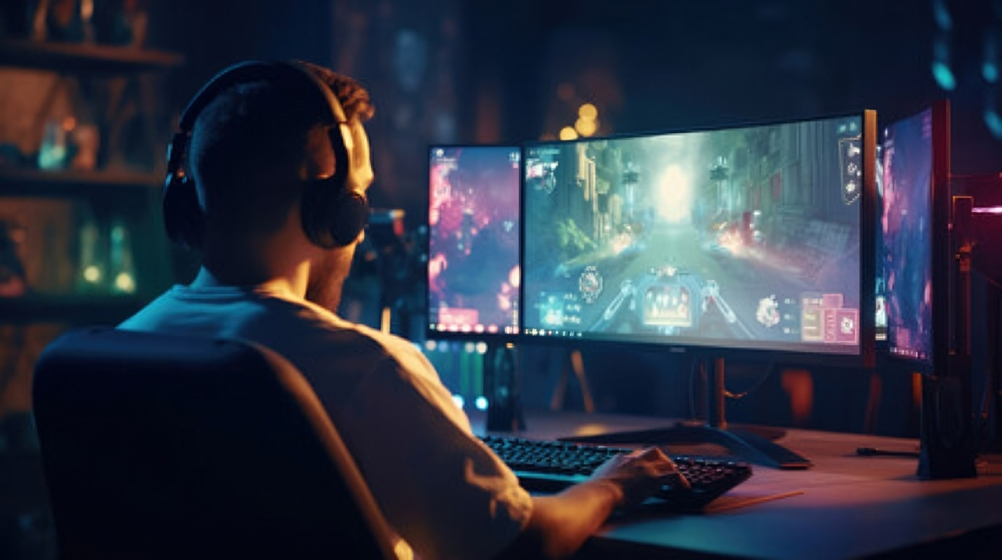
Discover top tech hacks pblinuxgaming to optimize your Linux gaming experience. Improve performance, fix compatibility, and enjoy smoother gameplay with expert tips.
Introduction
Gaming on Linux has become increasingly popular, thanks to platforms like PBLinuxGaming that bring the power of open-source to gamers worldwide. If you want to enhance your Linux gaming setup and overcome common performance or compatibility hurdles, this article is your ultimate guide. We’ll cover tech hacks PBLinuxGaming enthusiasts use to maximize performance, fix issues, and enjoy smoother gameplay on Linux.
What are tech hacks PBLinuxGaming? They are smart tips, tricks, and tweaks specifically designed to optimize your Linux system for gaming. These hacks improve graphics performance, solve driver conflicts, enhance compatibility with Windows games via Proton, and help troubleshoot common Linux gaming problems.
Why You Need Tech Hacks for PBLinuxGaming
Linux gaming, while growing fast, still faces challenges like driver support, software compatibility, and system configuration complexities. Applying tech hacks tailored for PBLinuxGaming not only enhances frame rates but also stabilizes gameplay, reduces input lag, and extends your system’s lifespan. Whether you’re running Ubuntu, Fedora, or Arch Linux, these hacks empower you to get the best from your Linux gaming rig.
Understanding PBLinuxGaming: A Brief Overview
PBLinuxGaming is a Linux gaming community and resource hub that helps users transition from Windows gaming to Linux seamlessly. They provide tailored tutorials, compatibility guides, and community support to boost gaming experiences on Linux distributions. The tech hacks recommended by PBLinuxGaming leverage tools like Proton, Lutris, Gamemode, and Vulkan, specifically for Linux gamers.

Top Tech Hacks for PBLinuxGaming Enthusiasts
1. Keep Your Kernel and Graphics Drivers Updated
Your Linux kernel and GPU drivers are foundational to gaming performance. Regularly update to the latest kernel versions as they often include bug fixes and hardware support improvements. NVIDIA and AMD drivers have Linux-specific builds that significantly enhance gaming performance. Using proprietary drivers where possible, instead of open-source ones, can boost FPS and reduce crashes.
2. Utilize Proton and Steam Play for Windows Games
Many Linux gamers rely on Proton, Valve’s compatibility layer, to run Windows games on Steam. Using Proton GE (Glorious Eggroll)—a community-updated Proton fork—can improve compatibility with more titles. You can set Proton versions on a per-game basis, enabling older or newer Proton builds depending on game stability.
3. Install and Use Lutris for Non-Steam Games
Lutris is an open-source game manager that supports multiple platforms and helps you run Windows games, emulators, and native Linux games in one place. It automates installation scripts, applies performance tweaks, and manages Wine configurations, easing the process of gaming on Linux.
4. Enable Feral Interactive’s Gamemode for Performance Boosts
Gamemode is a daemon designed to optimize Linux systems dynamically when you launch a game. It tweaks CPU governors, I/O priorities, and other kernel parameters to give your games more resources. Simply install gamemode and configure your games to launch with it for a smoother experience.
5. Optimize Vulkan and OpenGL Settings
Many modern Linux games use Vulkan for rendering. Ensure you have the latest Vulkan drivers installed, and configure Vulkan settings to balance between performance and quality. For older OpenGL games, tweaking environment variables or disabling compositors can reduce input lag and improve FPS.
6. Use Lightweight Desktop Environments for More Resources
Heavy desktop environments like GNOME and KDE consume significant system resources. Switching to lightweight DEs such as XFCE or LXQt frees up RAM and CPU power, resulting in better game performance and faster system responsiveness.
7. Adjust CPU Governor and Swappiness
Setting your CPU governor to “performance” mode forces your CPU to run at maximum frequency, improving game responsiveness. Also, lowering Linux’s swappiness value reduces swap file usage, keeping your game data in faster RAM rather than slower disk storage.
8. Manage Background Services and Applications
Before launching a game, close unnecessary background apps and services to free up CPU cycles and memory. Tools like htop help you monitor system processes and identify resource hogs.
9. Customize Wine and Proton Settings for Compatibility
Sometimes, tweaking Wine or Proton prefixes by adding missing DLLs, enabling debug logs, or adjusting DXVK versions solves game crashes and graphical glitches. PBLinuxGaming’s community forums often share specific configurations per game.
10. Use GameMode with Steam and Lutris
Combine gamemode with Steam and Lutris for automatic system optimization. This hack reduces frame drops and stutters, especially in demanding AAA titles.

Comparison: PBLinuxGaming Hacks vs. Generic Linux Gaming Tips
While generic Linux gaming advice offers a good start, PBLinuxGaming’s tech hacks are specifically tailored to popular games and the latest Linux kernel versions, offering better compatibility and performance. For example, Proton GE is recommended by PBLinuxGaming to run certain games smoothly, unlike vanilla Proton suggested in generic guides.
Conclusion
Tech hacks for PBLinuxGaming unlock the true potential of Linux gaming by fine-tuning your system for maximum performance and compatibility. Whether you’re a casual gamer or a Linux enthusiast, applying these hacks will improve your gameplay and reduce frustrating issues. Start experimenting with these tips today and experience gaming on Linux like never before!
Frequently Asked Questions (FAQs)
Q1: What is the easiest way to improve Linux gaming performance?
A1: Updating your GPU drivers and using tools like Gamemode are the simplest, most effective ways to boost gaming performance on Linux.
Q2: Can I play all Windows games on Linux using PBLinuxGaming hacks?
A2: Most Windows games can run well with Proton and Lutris, but some may require specific tweaks or are not yet fully compatible.
Q3: Is it better to use proprietary or open-source drivers for Linux gaming?
A3: Proprietary drivers, especially from NVIDIA, usually offer better gaming performance and compatibility than open-source alternatives.
Q4: How do I install Proton GE for better game compatibility?
A4: Proton GE can be downloaded from GitHub and installed in your Steam compatibility tools directory. PBLinuxGaming provides step-by-step instructions.
Q5: Will using a lightweight desktop environment affect my daily Linux use?
A5: Lightweight DEs consume fewer resources but still offer essential functionality, making them ideal for gaming without sacrificing usability.
Read also: Insights LogicalShout Business Intelligence with Real-Time Data








